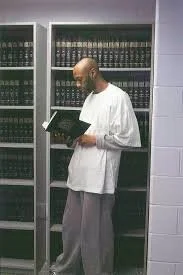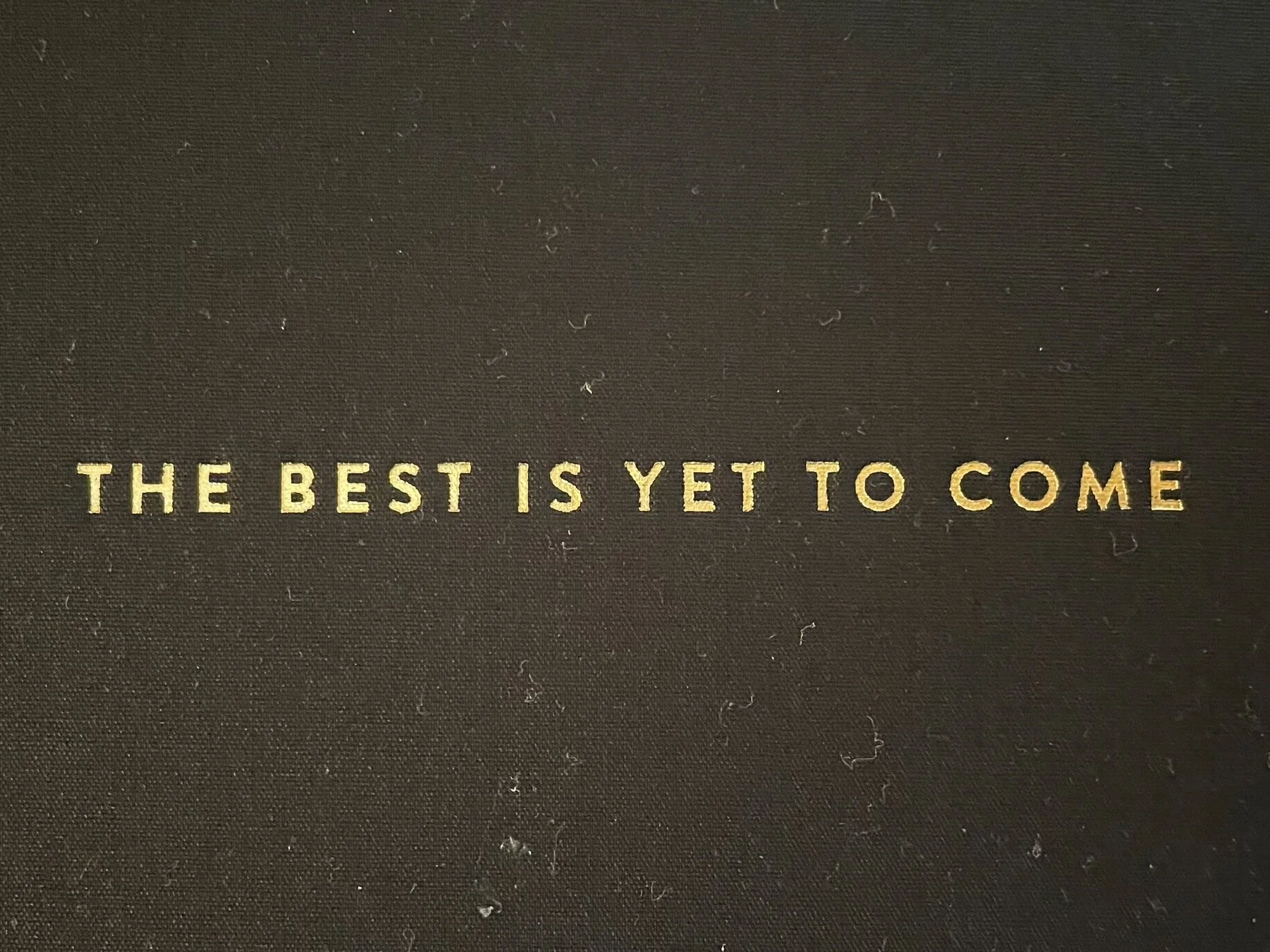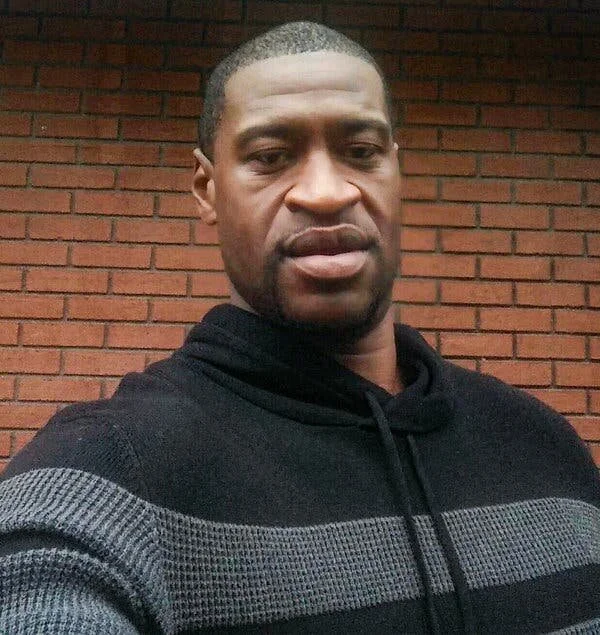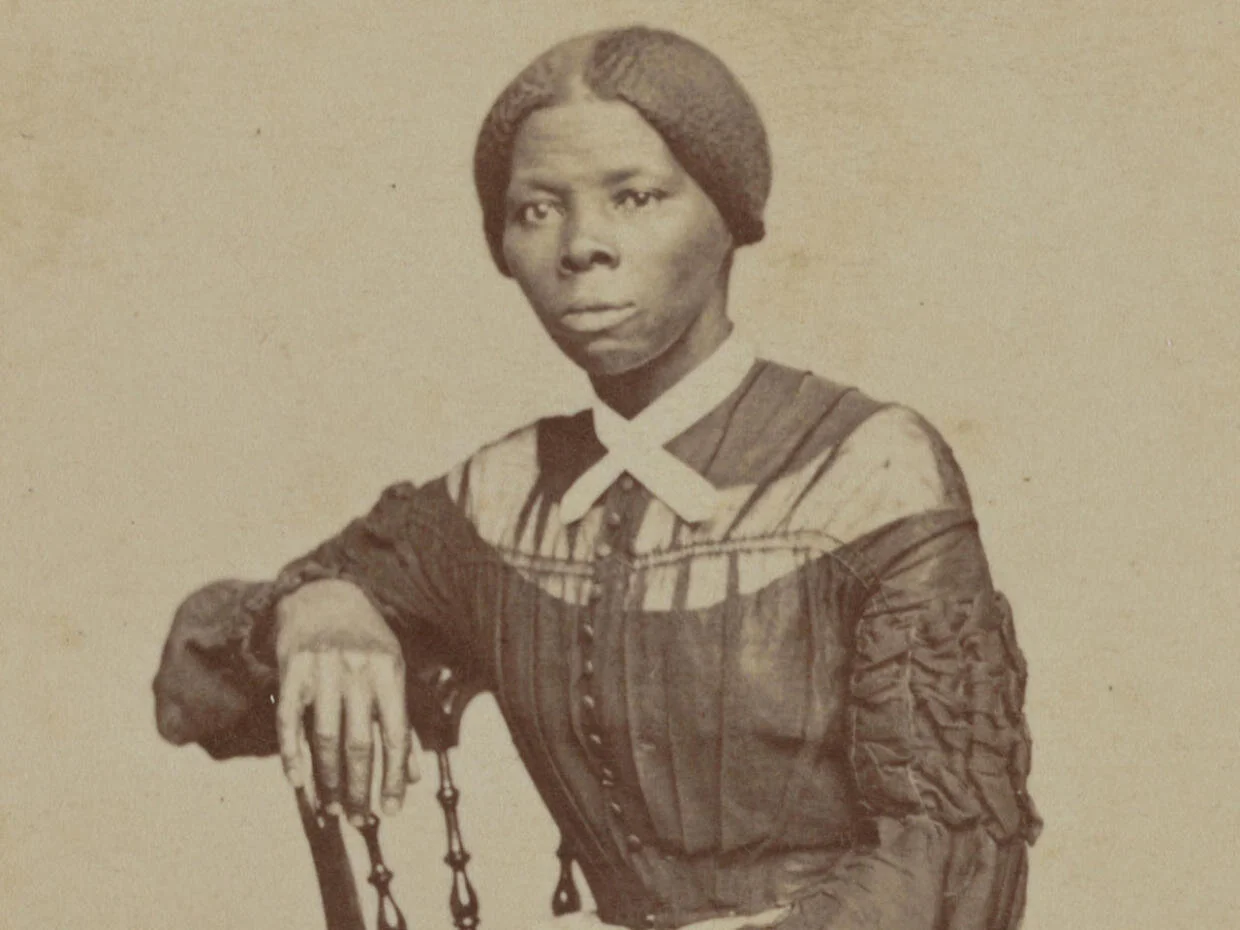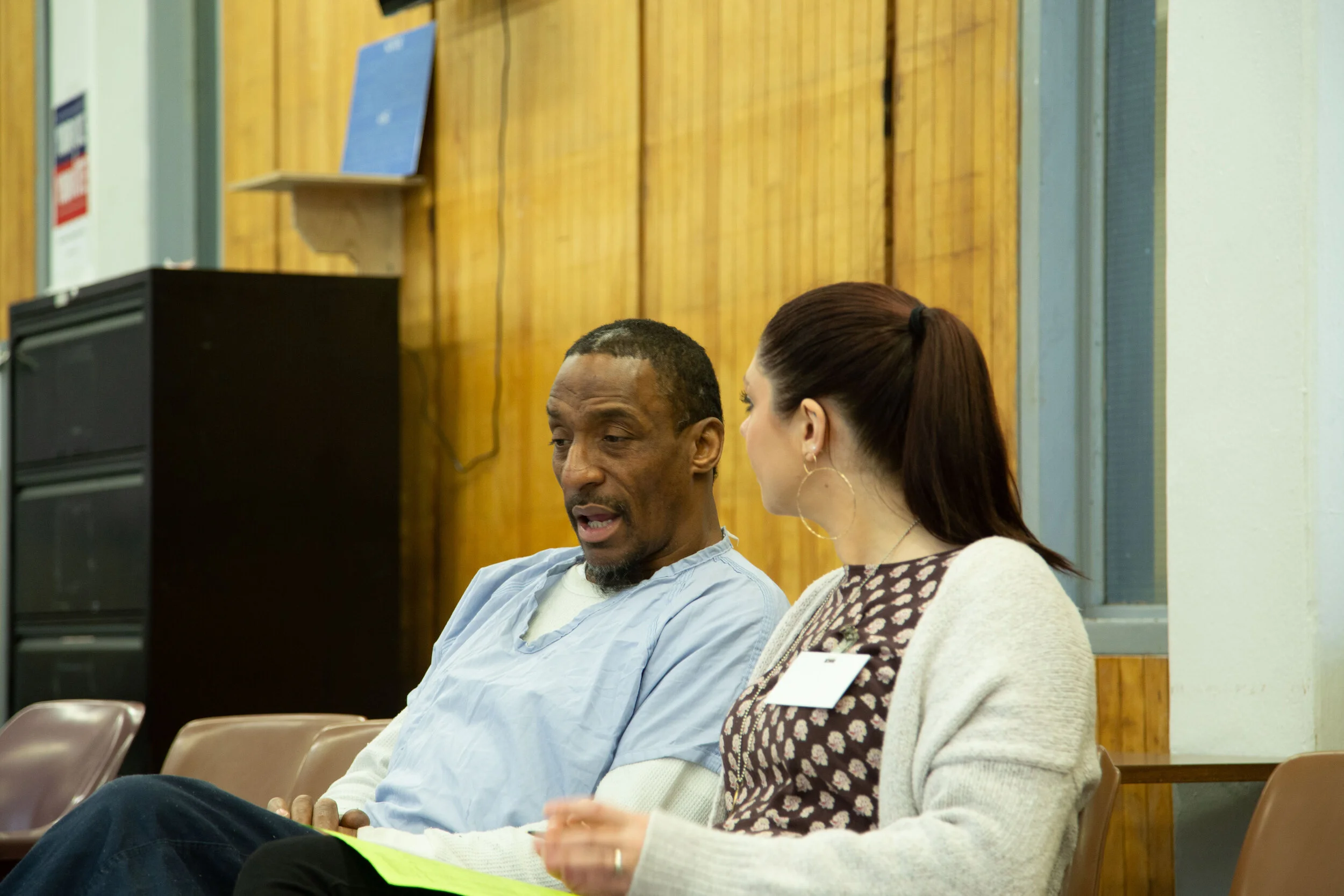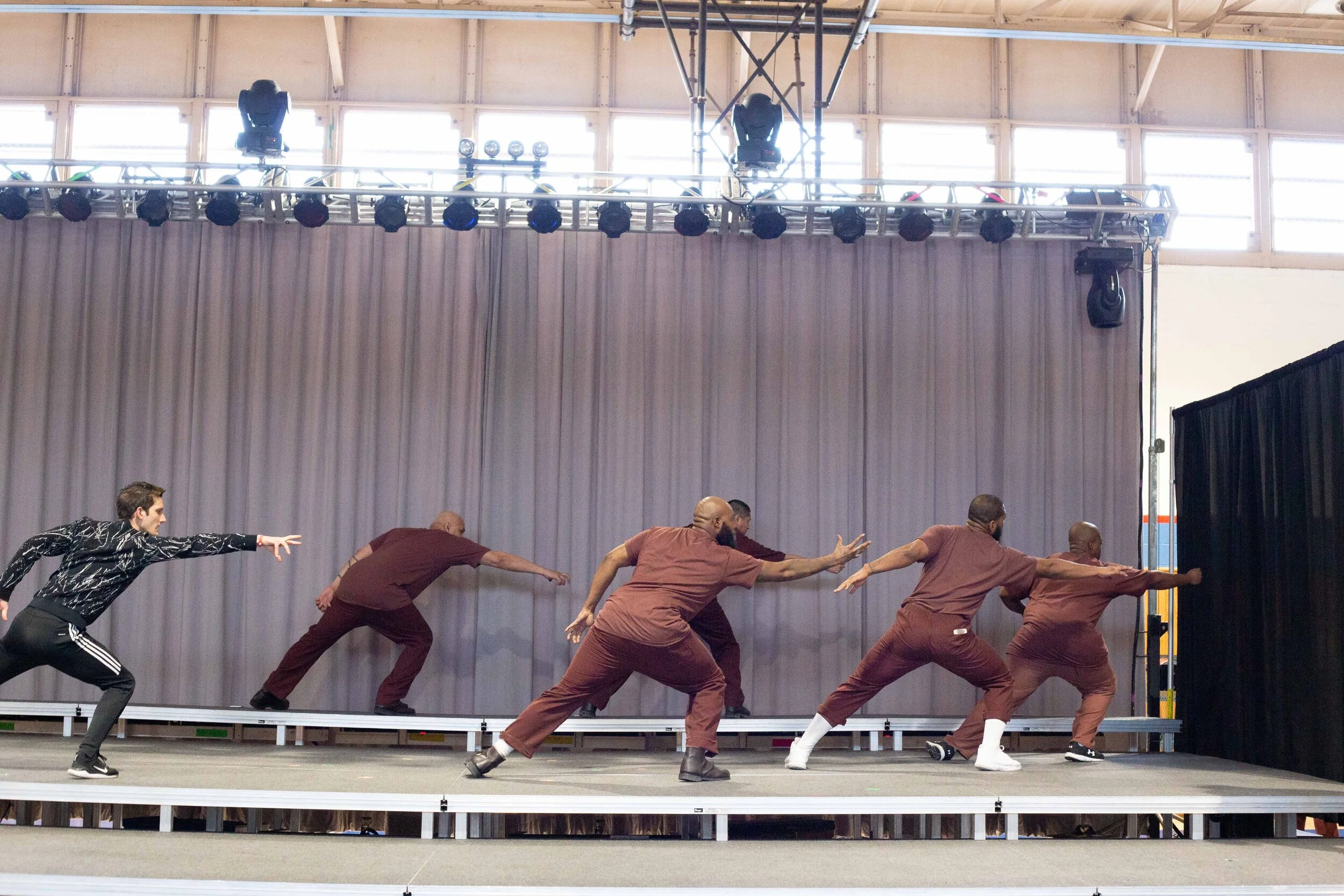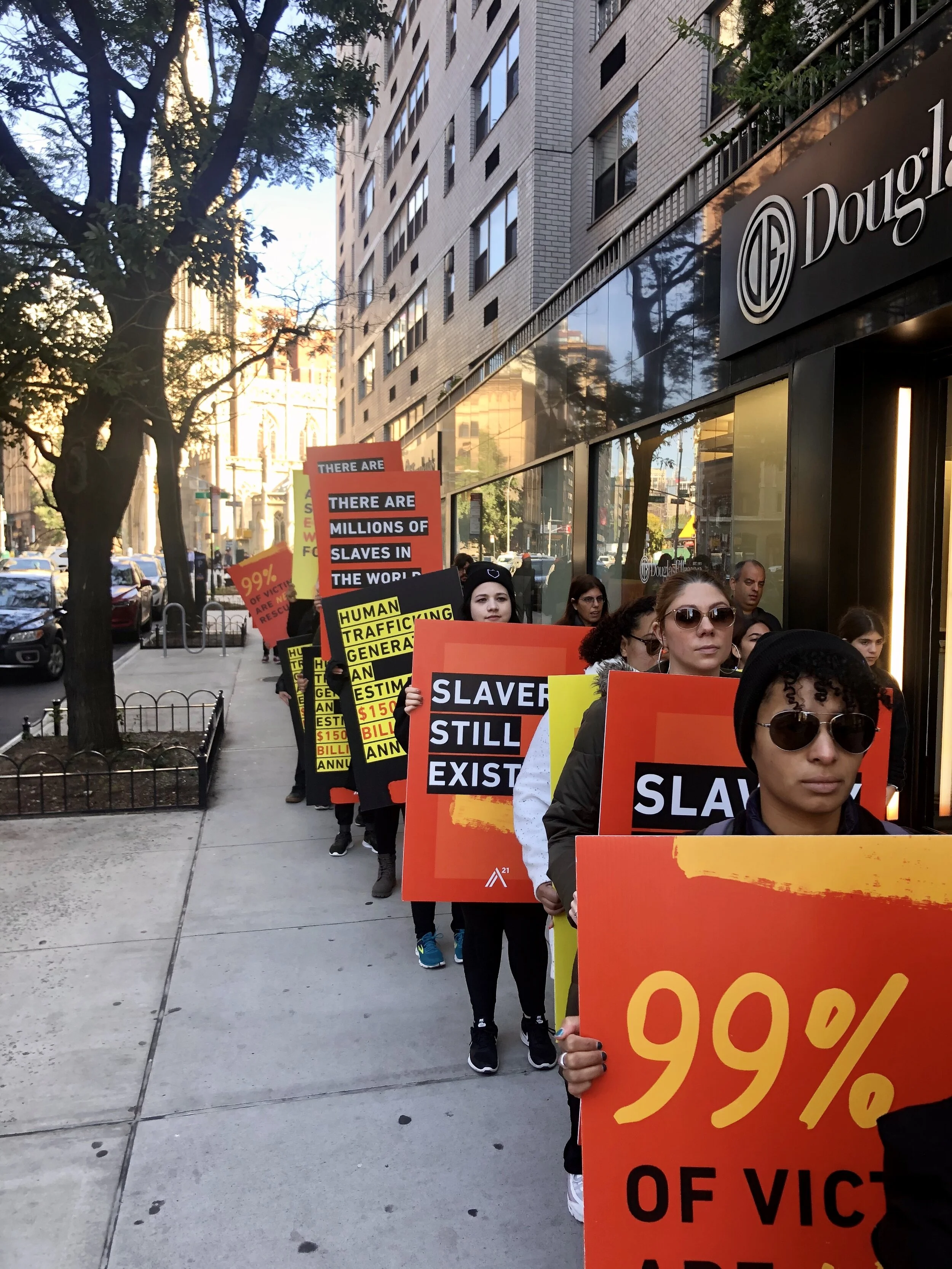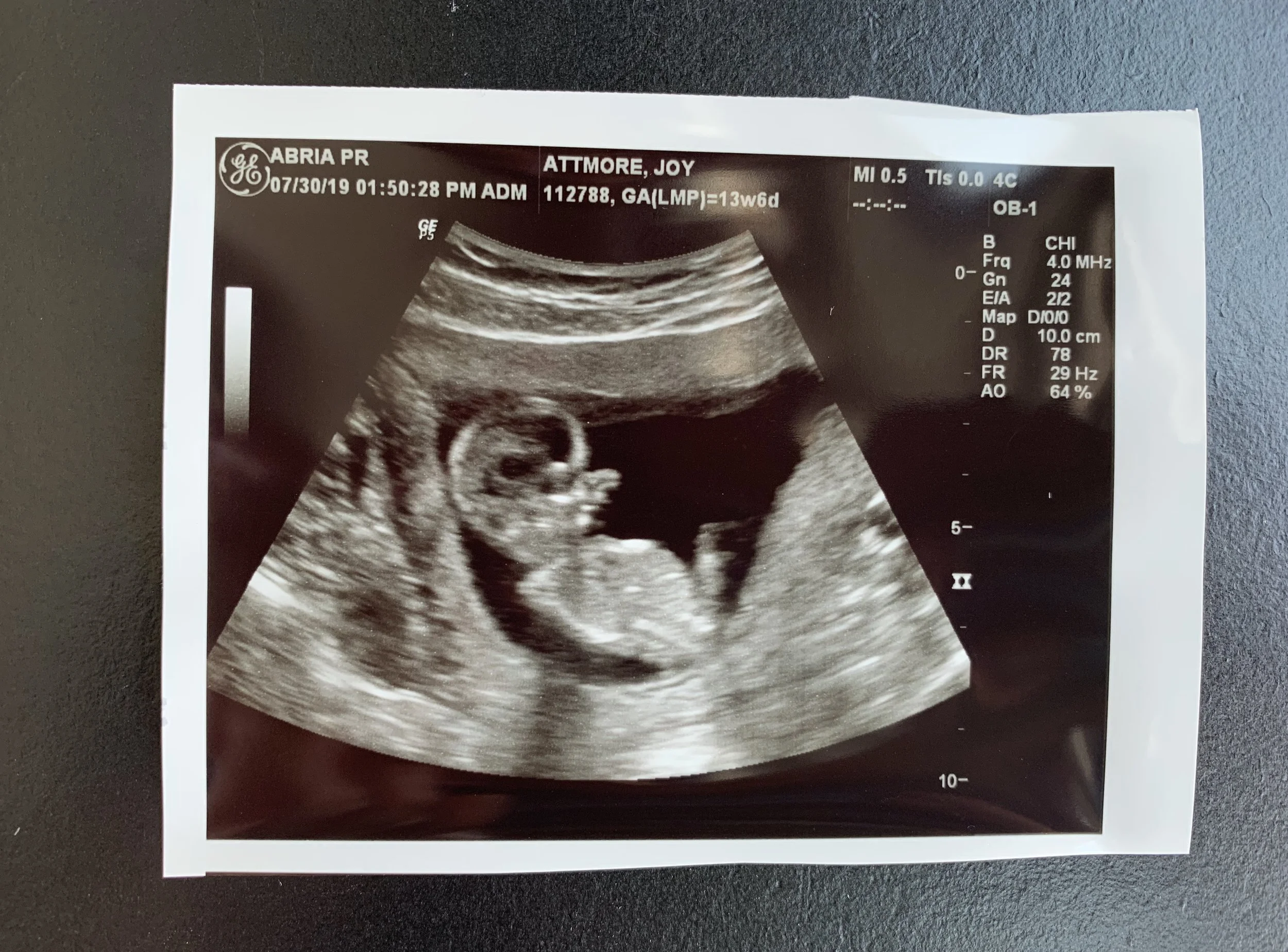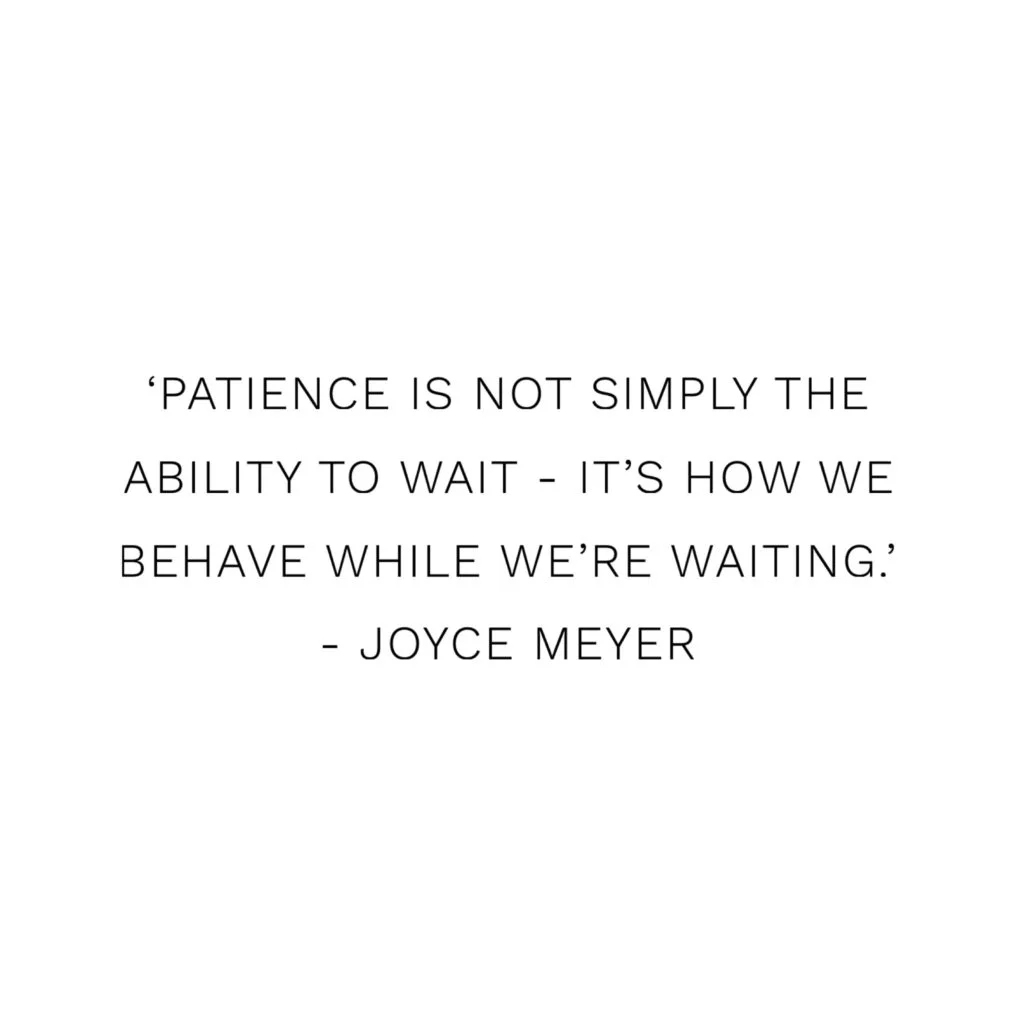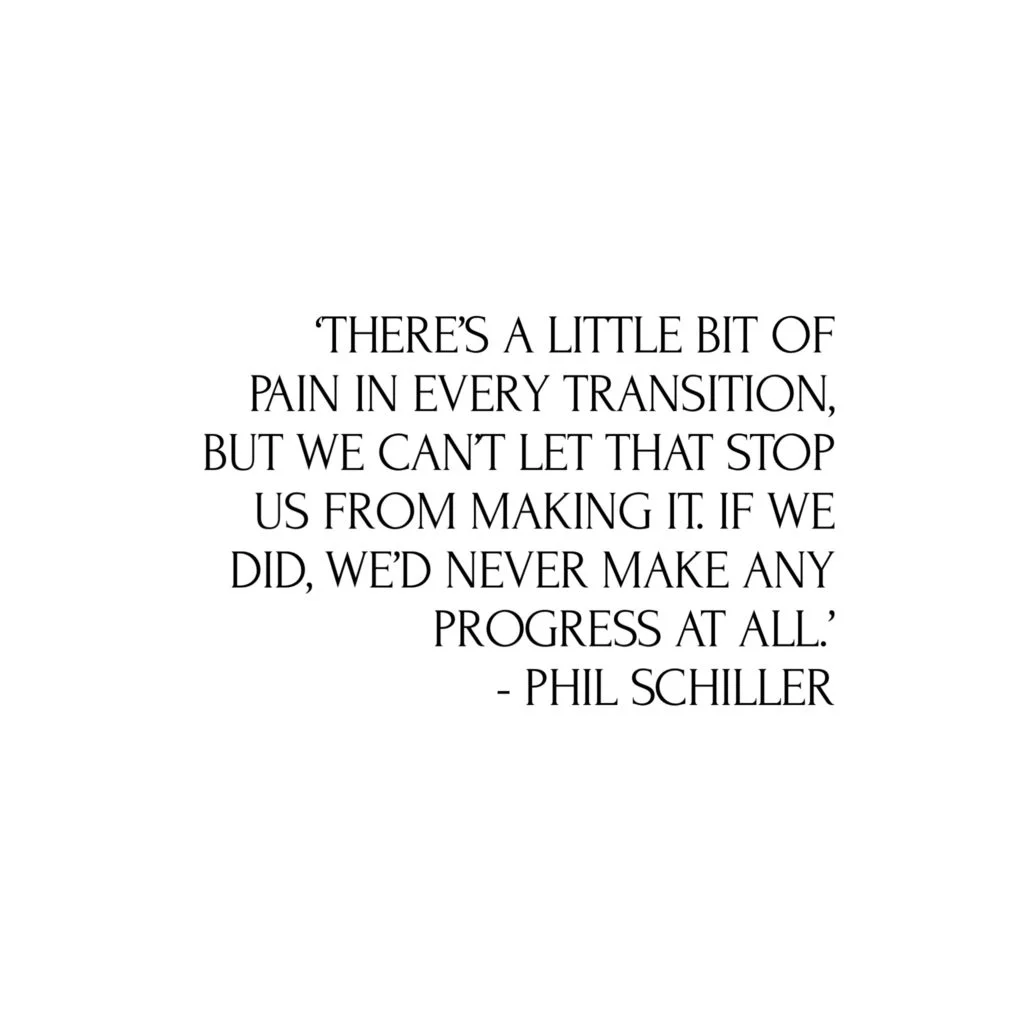I don’t remember how old I was when I first learned about capital punishment, but I do remember my thought process. The context of my belief system and perception of the world was deeply rooted in my Christian upbringing, and so much of how I was informed about life at that young age was through what I read in the Bible.
Hello room for misinformation and taking things wildly out of context, and cue the need for gaining the art of critical thinking!
I called to mind all of those Old Testament stories where ‘so-and-so’ gets eliminated for doing the wrong thing, and it seemed fairly logical for my young mind to accept that being sentenced to death for a crime was a natural chain of events. It was deserved, justified, God-approved.
When I was thirteen I won a writing competition and got my story published in an anthology. Along with the publication, I won $100 in book vouchers (a small fortune back then) which I took great nerdish delight in carefully spending. I invested in a dictionary and thesaurus and spent the rest on a long list of novels which I’d had my eye on. John Grisham’s ‘A Time to Kill’ was one of them. The story gripped me and still remains one of my favorite novels, but it also began to open my eyes to the complexities of life beyond those old Bible stories. Granted, it is not a storyline about the death penalty per se, but it is one about justice and how easily it is often not allowed to prevail.
As it happens, the more you read the Bible and get to know who Jesus is, what he stood for and who he hung out with, the more you discover how for life he is. My ‘a+b=c’ thinking got quickly turned on its head to embrace the complexities of the human narrative, and how God breaks in with his grace and redemption. It turns out that when you get to the New Testament, Jesus changes everything.
Last week, two black men were executed in Terre Haute, Indiana. The second of the two, Dustin Higgs, maintained his innocence throughout - even in his final words. (You can read about his case here.) Since July 2020, the Trump administration successfully carried out thirteen executions, more than any other federal government has done in the past 67 years combined, and after a pause of almost two decades with no executions taking place at all.
Having spent a good chunk of time working with incarcerated men and women over the last couple of years, including a number who had done time on death row, these federally approved killings are just a little alarming. Not least due to the fact that 1 in 9 people on death row are found to be innocent. Which means that statistically at least one of those thirteen executions made in the last six months was of a guilt free man. (Check out Equal Justice initiative for a full breakdown of the system surrounding capital punishment, its history and impact.)
I realize that not everybody is innocent, and when justice cries out from the ground following the enactment of horrific crimes, consequences need to be faced. But when our system is so corrupt that it regularly allows entirely innocent men and women to be killed in the name of justice, should we not reevaluate what we have agreed to, and why we defend it so passionately? Should we not look at the dark history within which this law was first birthed, and seek to do better now?
“The question we need to ask about the death penalty in America is not whether someone deserves to die for a crime. The question is whether we deserve to kill.”
- Bryan Stevenson
I am very much pro life, but I am very much pro ALL of life.
My faith still very much informs how I live my life and what I believe, but rather than taking everything at face value as I once did as a child, I now love to dig deep and wrestle with the hard and messy conversations. For me, the death penalty isn’t some far-removed topic that has no impact on me. It is a matter of life, of justice, and of seeing the humanity in every face and every story, and believing more in the power of redemption than the vengeful act of death. It is a matter that I have chosen to draw close to, rather than using my privilege to turn away from, for I cannot in all good conscience stand up for the lives of the unborn whilst I turn away from the killings of the living.
There is much much more that could be said on this topic, and this blog is but an introduction, so I have tagged other sites with helpful information and ways to use your voice and time to educate yourself, respond and act. I could not let this week go by however without acknowledging those whose fights are now over:
Daniel Lewis Lee
Brandon Bernard
Alfred Bourgeois
Orlando Cordia Hall
Christopher Andre Vialva
William Emmett LeCroy, Jr
Keith Dwayne Nelson
Lezmond Charles Mitchell
Dustin Lee Honken
Wesley Ira Purkey
Billy Joe Wardlow
Lisa Montgomery
Corey Johnson
Dustin Higgs
For more information check out:
The National Coalition to Abolish the Death Penalty
The Death Penalty Information Center
Books to read:
IG accounts to follow:
@innocenceproject
@eji_org
@grassrootslaw
@helenprejean

